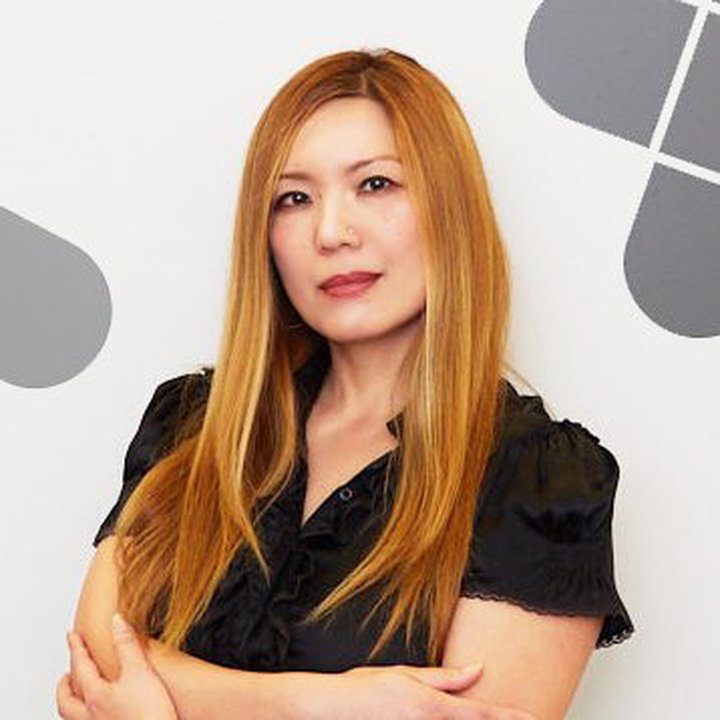Tell us a bit about yourself.
My name is Tomomi Imura, and I have been in the field of Developer Relations / Developer Experience in the San Francisco - Silicon Valley area for about 10 years, after switching from software engineering full-time for years.
I am currently working at the Cloud Developer Advocacy team at Microsoft. I also consider myself as an advocate for the open web platform and open-source, as well as internationalization to support diverse and inclusive developer communities and ecosystems.
Besides that, I also work as a technical book editor, technical illustrator, advisor for a coding bootcamp, and cat mom.
How did you get into Developer Relations?
That was a result of an internal transfer. Honestly, I had no idea what Developer Relation jobs were exactly about in 2009. But then the company I worked at that time hired a well-known duo to lead a team to boost the developer ecosystem. As an admirer, I begged them to take me into their team, which happened to be Developer Relations.
Coincidentally, the project I was working on got their attention, so I successfully transferred to the team. I had no idea the SDK code samples I was writing could be the perfect developer advocacy job!
What advice would you give people looking to join you?
This is something I tell people often— unlike “Software developer” job title, the “developer” in Developer Relations is not about you being a developer, but it is the people you help.
To be a respected technical DevRel professional, of course, you need to show your technical domain expertise really well. However, more importantly, you really need to understand developers’ needs and pains. It is all about empathy. Remember, soft skills, including interpersonal skills, are as important as your hard technical skills.
How has your role changed in the past year?
The year 2020 caused the major shift in the way we work— the COVID-19 pandemic forced pretty much everybody in the world to change how we live and work.
Obviously, this forced Developer Relations people to operate our jobs entirely different this year. Needless to say, I have not travelled anywhere to speak at conferences for about a whole year, and instead, I give talks from my small apartment in San Francisco, where my cats constantly bother me.
On the positive side, I have learned a lot about video editing. Many of us have realized that we could reach out to more people virtually, and the online conferences and events don’t always need to happen live. Creating and editing video content has become a part of my job this year, and I found myself enjoying it a lot.
Besides COVID, and the longer-term changes I have noticed is that DevRel roles have gotten more exposure and better understanding by company leaderships and executives, compared to what it used to be. I believe more people have realized how DevRel is relevant to their business. The demand has been higher than ever. This indicates that my role can now make a higher impact within an organization, as much as external developers and community.
How do you see the future of DevRel?
I am optimistic as I see more and more diverse people are in the field, especially compared to the time when I was the only female non-white technical person in the org. Homogenous teams wouldn’t be able to reach out to the whole developer ecosystem and community. I am not only talking about gender and race but technical background and expertise too.
However, my small concern is that since DevRel is a relatively new business field, I sense that people are trying to mimic each other. I have heard people saying “Company A is doing X so we should do the same” many times, especially when I was working for small/new companies. This sounds pretty clueless unless you have clear plans how you can adopt it and tailor for your org.
And I want everybody to be flexible and open to all kinds of opinions, not mindlessly trying to copy what other companies do or the small group of “famous” DevRel people said (that it includes what I am saying too!). Because each organization is completely different from another— different in size, products, goals, markets, audiences, budget, etc, you need to find your own way because no DevRel orgs are alike.
The cookie-cutter trend would make the whole DevRel homogeneous. But as long as you have a diverse team, listen to your developers carefully, and seek out your own solutions, the future is bright.




